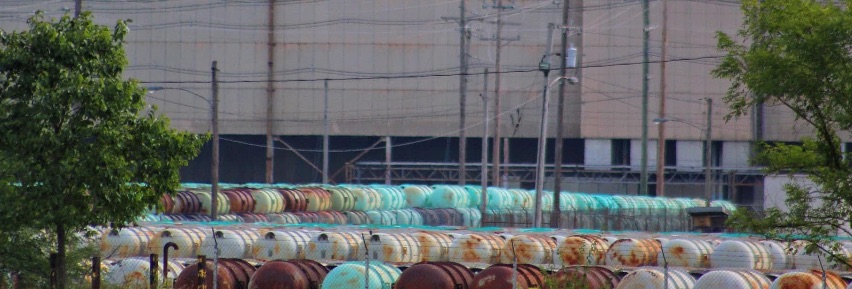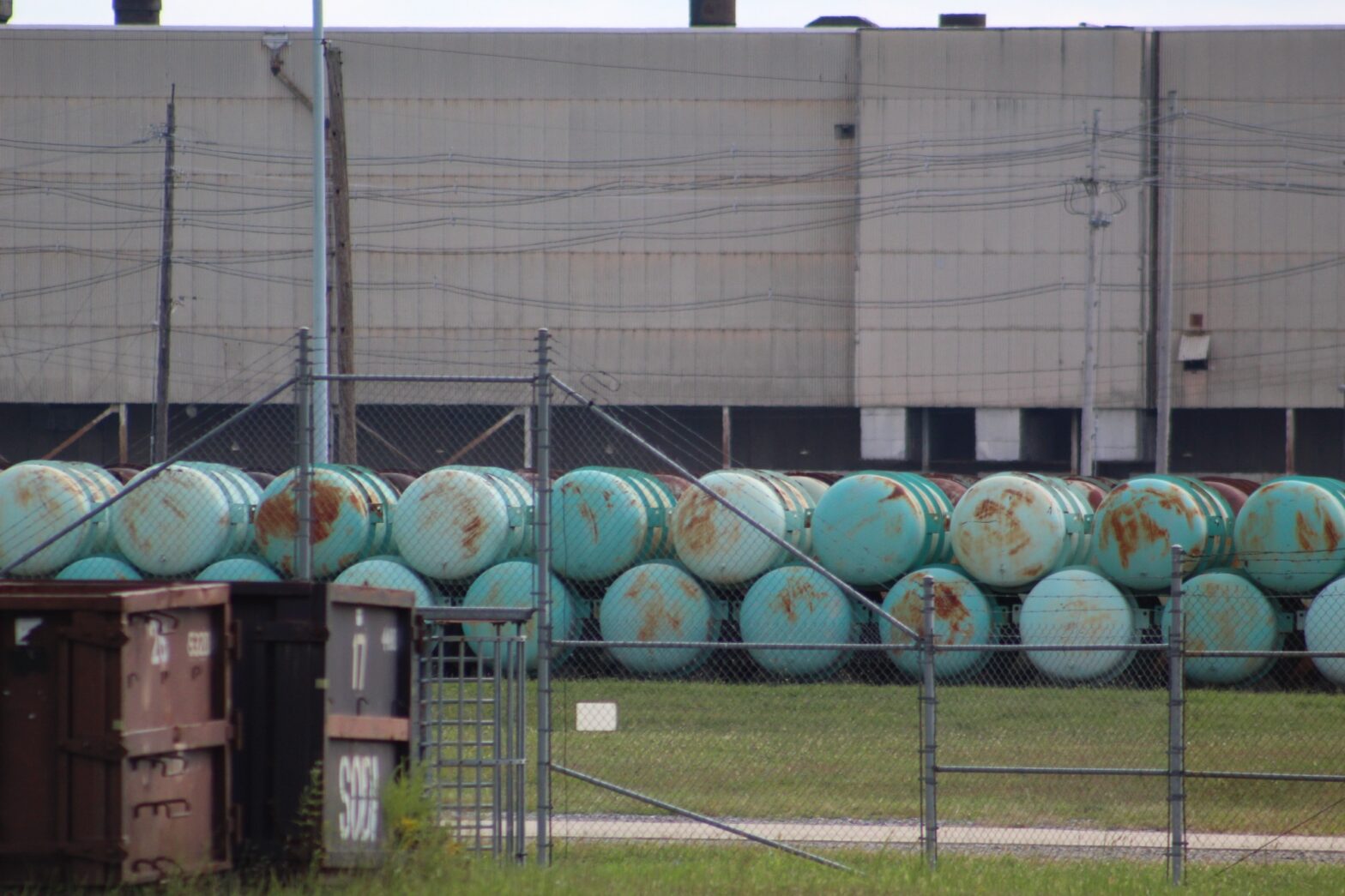PIKETON, Ohio – A Canadian engineering and nuclear services company with a complex business history has been awarded a $2.3 billion contract by the U.S. Department of Energy (DOE) to manage nuclear materials at two key facilities, including one in Piketon, Ohio.
AtkinsRéalis Group Inc., formerly known as SNC-Lavalin, will operate the depleted uranium hexafluoride (DUF6) conversion facilities in Piketon and Paducah, Kentucky, as part of a joint venture with Westinghouse Government Services and Jacobs Technology Inc. The partnership is called Mission Conversion Services Alliance (MCSA) will oversee nuclear byproduct stabilization, site maintenance and emergency management over the next decade.
The contract is a significant step for AtkinsRéalis, which markets itself as a leading provider of nuclear services, particularly in the areas of environmental remediation and decommissioning of aging infrastructure. The work involves converting the dangerous DUF6 – a byproduct of uranium enrichment – into a stable material suitable for long-term storage and disposal.
Company history and controversies
Despite its technical expertise, AtkinsRéalis has faced scrutiny over its corporate history. Under its former name SNC-Lavalin, the company was involved in several corruption scandals, including bribery and fraud allegations in Canada and abroad.
One of the most high-profile controversies concerned the company's dealings with Libya's Gaddafi regime. SNC-Lavalin secured several major contracts during Gaddafi's rule, including a $500 million airport project in Benghazi and a $275 million prison construction contract. Allegations later emerged that the company funneled millions of dollars in bribes to Saadi Gaddafi, one of Muammar al-Gaddafi's sons, to finance personal luxury goods. Officials claimed at the time that company executives attempted to smuggle the Gaddafi family from Libya to Mexico.

In Canada, the company was charged with illegal political donations and a kickback scheme related to the construction of the McGill University Health Center in Montreal. Since then, AtkinsRéalis has rebranded and implemented corporate governance reforms, aiming to restore trust and distance itself from previous controversies.
Environmental and safety concerns
The handling of nuclear material, particularly DUF6, remains a controversial issue. DUF6 is chemically toxic and requires careful handling to prevent environmental contamination. The conversion process at the Piketon facility is intended to stabilize this material, but challenges remain regarding the long-term safety of storage solutions.

The Piketon site itself has a history of contamination and regulatory scrutiny. In 2024, the former contractor who oversaw the DUF6 conversion facilities was charged with safety violations by the Nuclear Regulatory Commission (NRC).
The DOE's perspective
The DOE defended its decision to award the contract to AtkinsRéalis, citing the company's technical expertise and long-standing collaboration with the agency. The MCSA partnership is expected to bring expertise and resources to address the challenges of DUF6 conversion and site management, according to DOE.
Community and stakeholder responses
Residents and advocacy groups have expressed varying reactions to the contract. While some welcome the project as a step toward dealing with nuclear waste, others are concerned about possible risks and the company's history.
“Any company that handles radioactive material must have a clean record,” said a local lawyer.
Others highlight the broader challenges facing the nuclear industry, particularly the unresolved issues of waste disposal and environmental impact.
